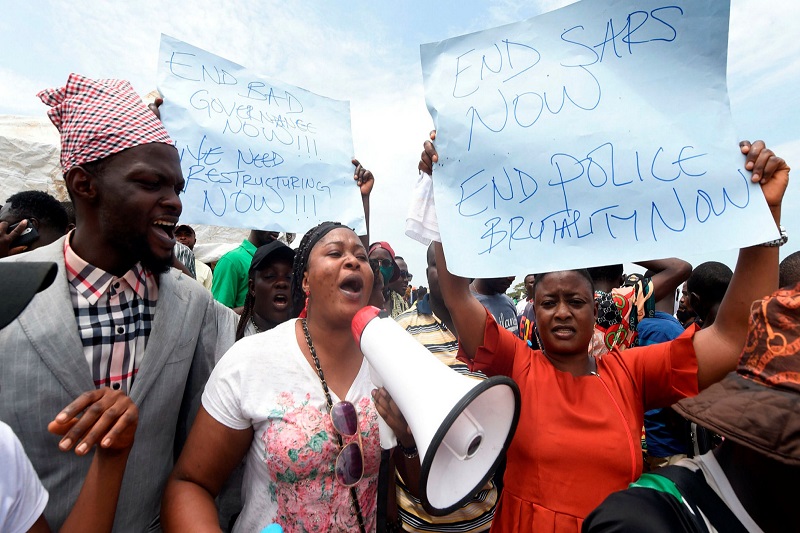There are few women in Nigeria’s political structures. Currently, in the House of Representatives (HoR), out of 360 members, only 18 are women. Out of 109 senators, only 8 women are there. Out of 36 states of the federation, there are no female governors and just 2 female deputy governors.
In the history of Nigeria, people have never seen a high percentage of women in politics. Following Nigeria’s first democratic elections since the military rule in 1999, the proportion of women in all levels of government has remained relatively low. They are not given leadership positions.
Recently, the Minister of Women Affairs, Pauline Tallen, identified the low participation of women in Nigerian politics as a major setback to the country’s development. Nigeria ranks 184 out of over 190 countries globally on women’s political representation, according to the Inter-Parliamentary Union data.
Why are women so poorly represented in Nigerian politics?
Africa’s largest democracy systematically excludes women from politics. Nigeria is often receptive to having women in government. People tend to give more importance to men than women.
Related Posts
Sometimes, women don’t have enough money to pay for nomination forms. The high cost of politics prevents women from standing for leadership positions. Sometimes, when payment for forms is waived for women, they are often made to step down from elections.
Social factors also affect women’s growth in Nigeria. Some sections of society think that women are subordinate to men. Women suffer because of gender stereotypes. Marriage, sexual assault, pay gaps, unpaid labour, child care and housework prevent women from joining politics. They are assigned household chores by society.
The media also gives poor coverage to female candidates. Women candidates are often subjected to gender-related electoral violence because people think only men can participate in politics.
Some people also believe that women cannot win the general elections.
According to media reports, many women politicians have also experienced sexual harassment. Political parties have been known to tell women politicians to step down from the electoral process.
What do you think about women’s representation in politics in Nigeria? Write down your answer in the comment section below.

